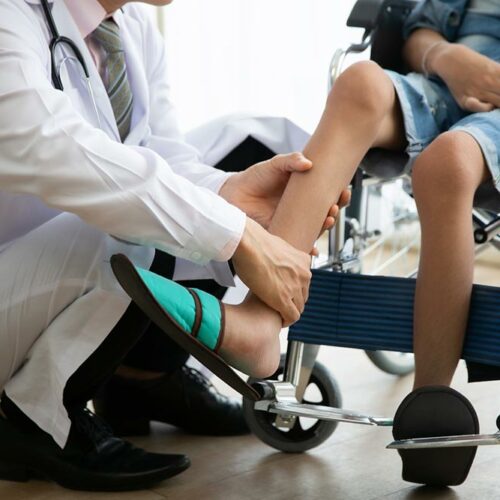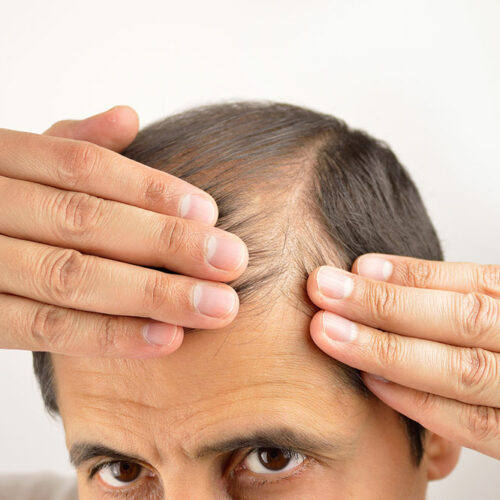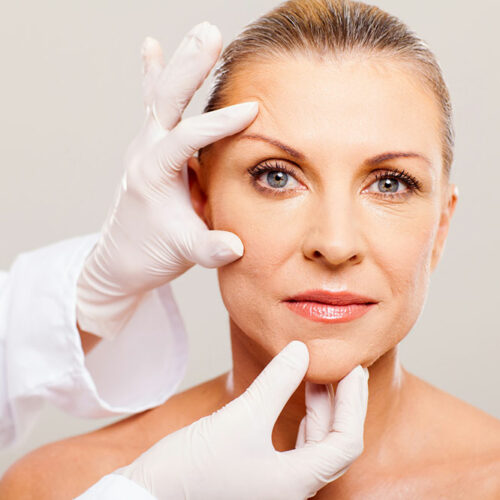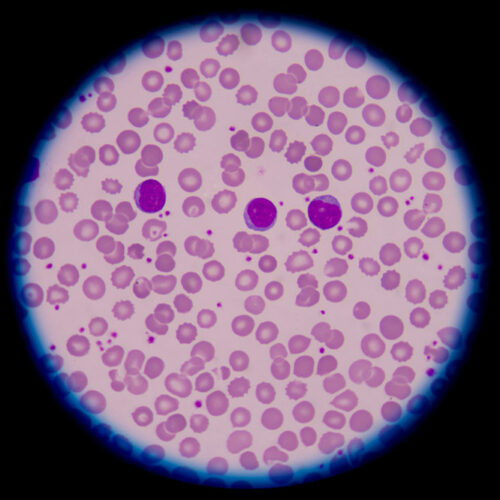6 ways to support people with disabilities

There are many ways to support people with a disability, and it is imperative to be vocal about it to advocate for the community. However, there is also a lot of false information and misunderstanding about people with disabilities, which is why it’s crucial to dispel myths and taboos. Additionally, specific days are dedicated to raising awareness and support for disability rights and voices. So, here are some ways to show kindness and support. Offer help with consent Assuming that a person with a disability will require assistance may be an unpleasant idea to some. Therefore, one must always get permission before offering help, as this allows them to communicate effectively. Since they know their needs better, it is always best to follow what they suggest for their assistance. Provide a comfort zone It can make people with disabilities uncomfortable when they are being stared at, or their disability is being pointed out. Creating a safe environment where they can be themselves is essential to support them. One must pay attention to small gestures like maintaining eye contact while conversing and not focusing on the disability to make a difference. During conversations, it’s best to talk about constructive topics like family, work, music, or any fond memory of theirs.






